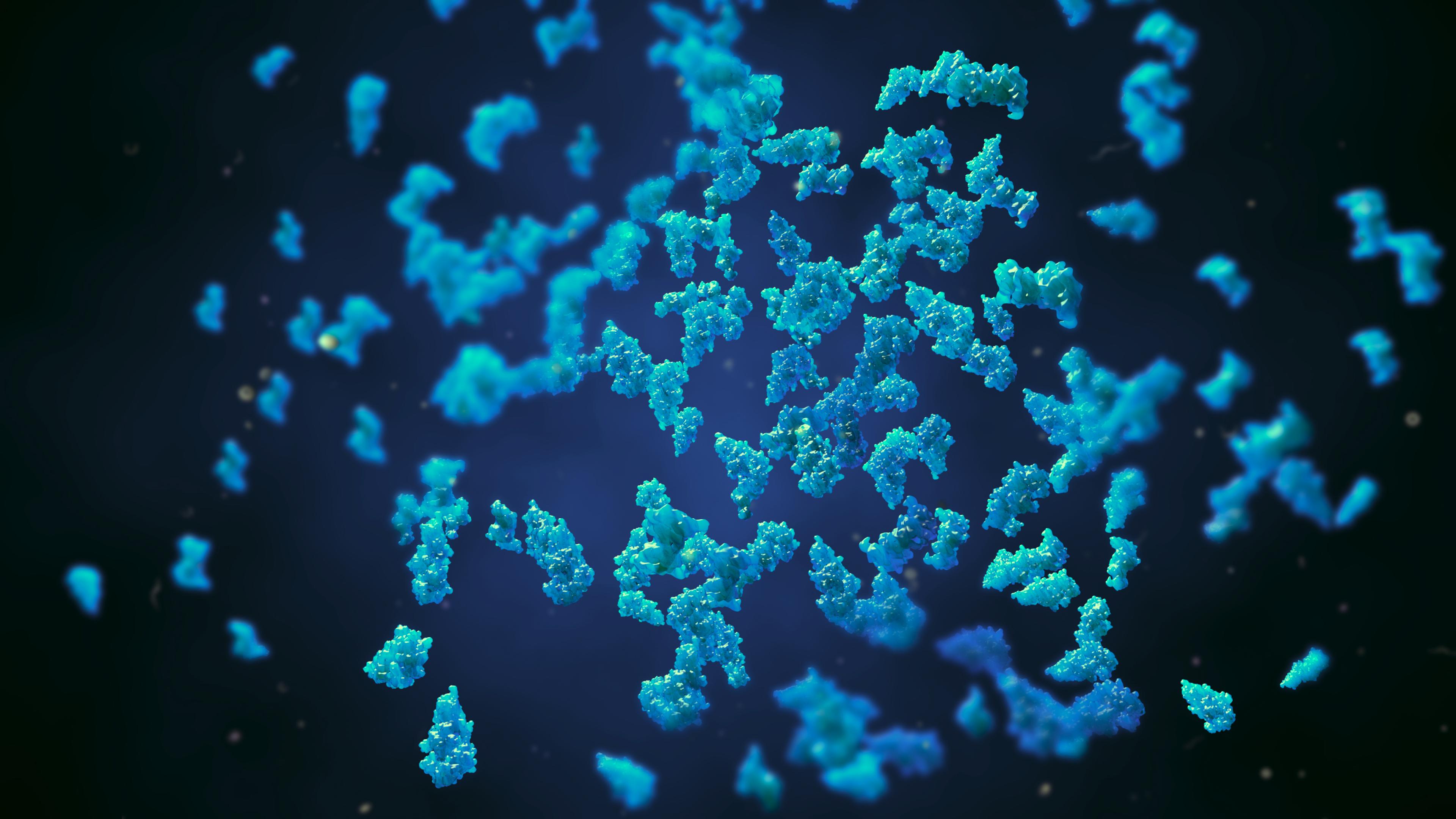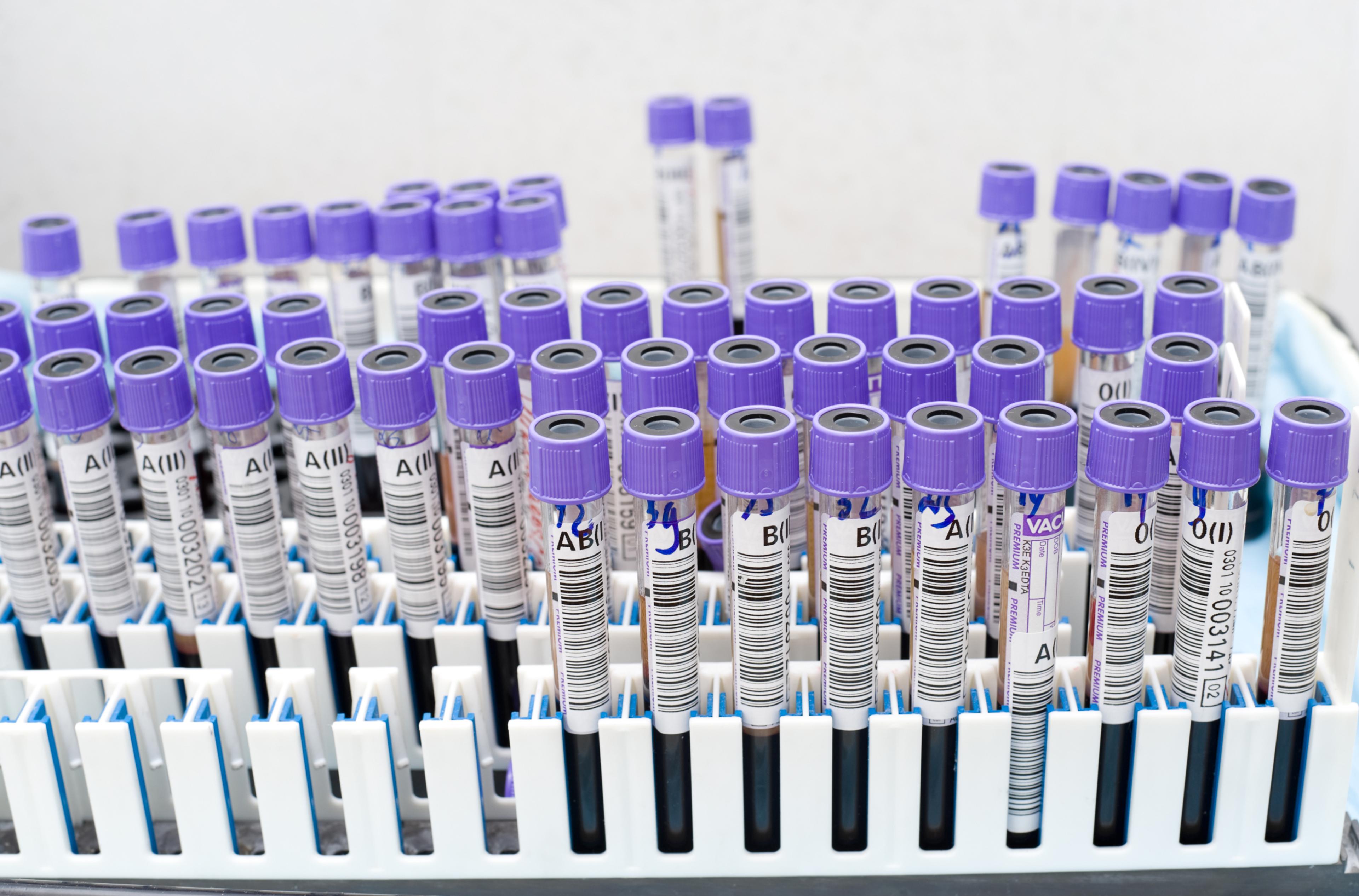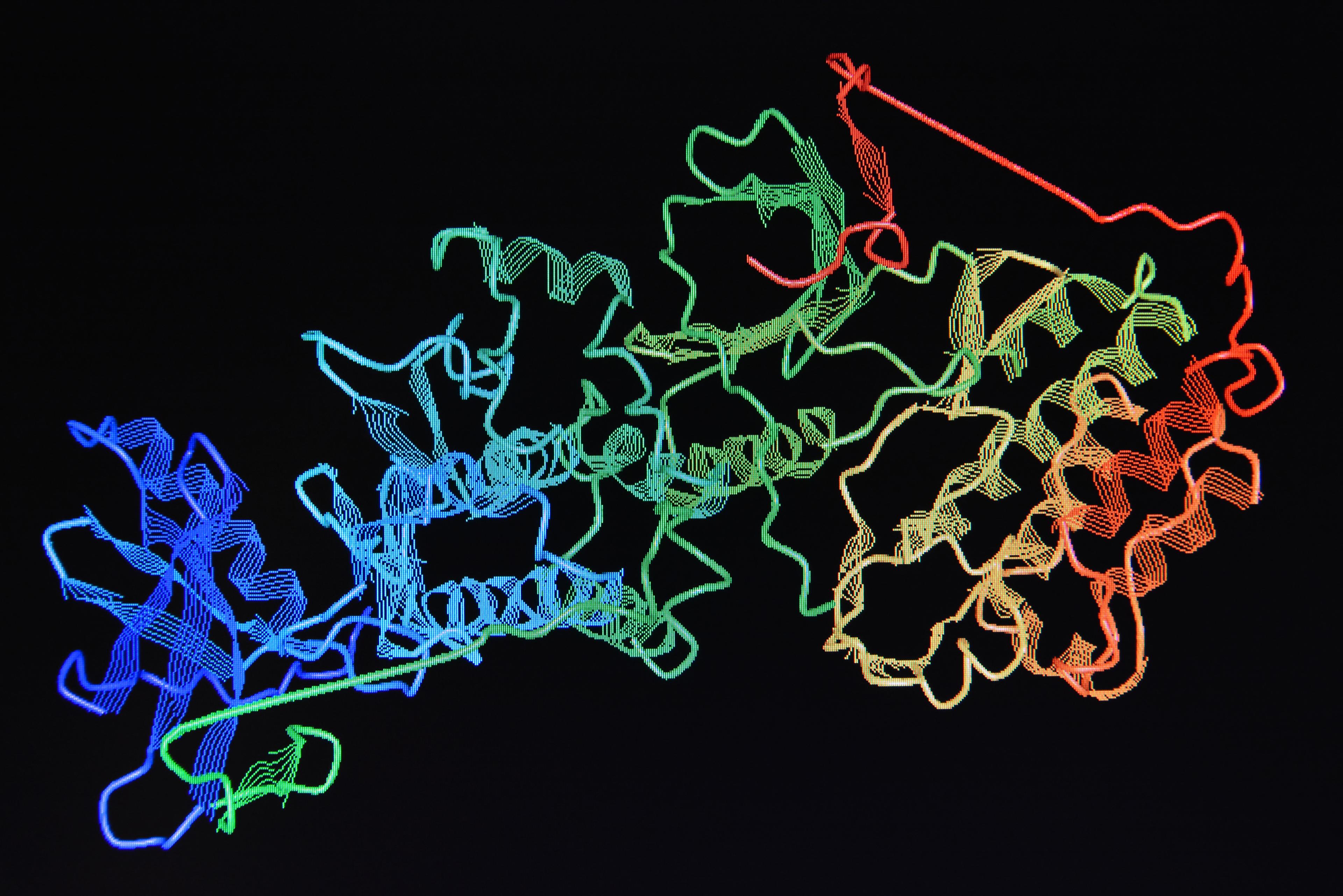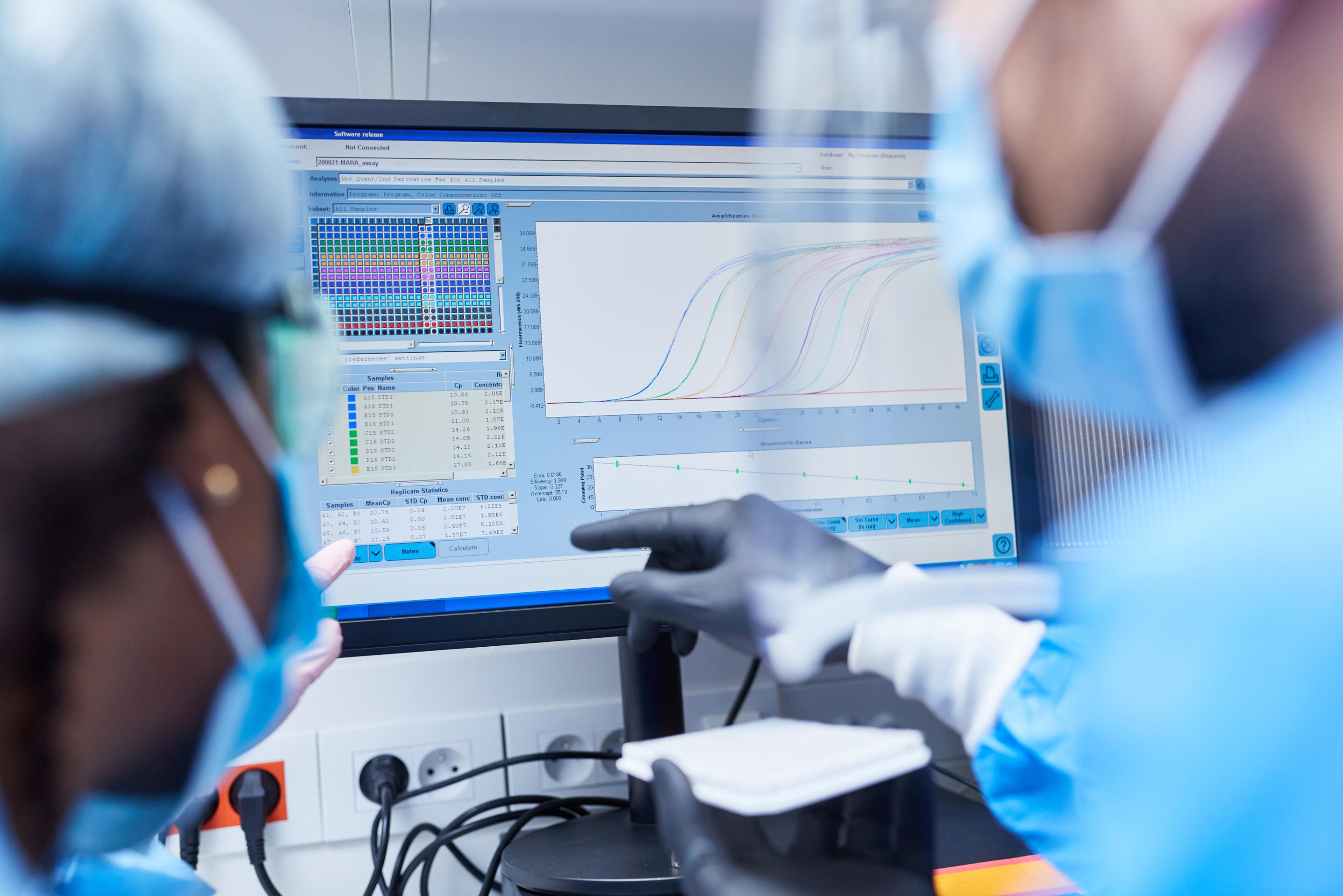
High-throughput protein analysis for high impact biomedical research
Scientific integrity, speed, and focus guide our approach to research. Our goal is to accelerate the methodologies and applications of single cell proteomics. Our tools and methods build upon existing mass spectrometry technologies to scale the ability to analyze both samples and proteins in parallel. This parallel approach inspires our name: Parallel Squared Technology Institute.
Why advance protein analysis?
We need methods that can directly analyze the main actors in health and disease – namely, proteins. Building on rapid advancements in the 21st century which led to powerful DNA and RNA sequencing technologies, PTI now takes on the challenge of advancing technology to the next big step by powering single-cell resolution and high-throughput scaled 100 - 1000x greater than before.
The right team in the right environment
Around the pioneering framework developed under the direction of Professor Nikolai Slavov, PTI formed a team of talented scientists, engineers, and mathematicians. We are working together to fundamentally change how proteomics data is generated and analyzed in order to help determine the causes of diseases.
PTI is becoming a home for state-of-the-art instrumentation, with high-sensitivity and high-resolution mass spectrometers from SCIEX, Bruker and ThermoFisher, and cell handling from CellenOne. With cutting-edge platforms and world-class expertise for conducting single-cell and low-input proteomics under one roof, PTI is in the position to push the envelope for this technology in service of biology and discovery of disease mechanisms.
As a nonprofit Focused Research Organization (FRO) with industry level resources, PTI can freely share its technology and discoveries. Members of our team are encouraged to disseminate their discoveries and innovations to the broader biomedical community through frequent publications, presentations, and submissions to public data portals. With transparency and transferability as part of our core values, we aim to maximize our approach to benefit the larger research community, biotech companies, and patients across the globe while supporting the careers of our team members.
PTI has a well-resourced, open-science environment to enable scientists, engineers, and mathematicians to catalyze a leap in protein analysis technology and use it to explore new biological frontiers. This means that members of PTI will be supported with industry-level resources to do research and then disseminate their discoveries and innovations to the broader biomedical community through frequent publications, presentations, and submissions to public data portals.
Why mass spectrometry?
Based on ideas and methods developed in Professor Nikolai Slavov’s lab, we demonstrated the utility of mass spectrometry in the context of single-cell proteomics. This proteome depth is likely to be increased through the combination of deep learning and increased sensitivity of commercial instruments. Mass spectrometers enable extremely accurate measurements of proteins. Single-cell analyses using MS have demonstrated the sampling of 20-fold more copies per gene, when contrasted with state-of-the-art single-cell RNA sequencing techniques. With such high accuracy and increasingly higher depth of proteome coverage, we can be more confident in our ultimate biological conclusions.

How?
PTI will enable this next leap in biomedical research by:
(i) Rapidly developing and deploying proteomic technologies that increase throughput by parallel multiplexing of both samples and proteins, and
(ii) Providing a general experimental and computational platform for quick adoption and demonstration of this technology and related offshoots for the broader biomedical research community.
Our Path to Impact

Commercially-available IP/licensing

Software and data

Alzheimer’s Disease
Blood and Aging

Visiting Scholars
Workshops